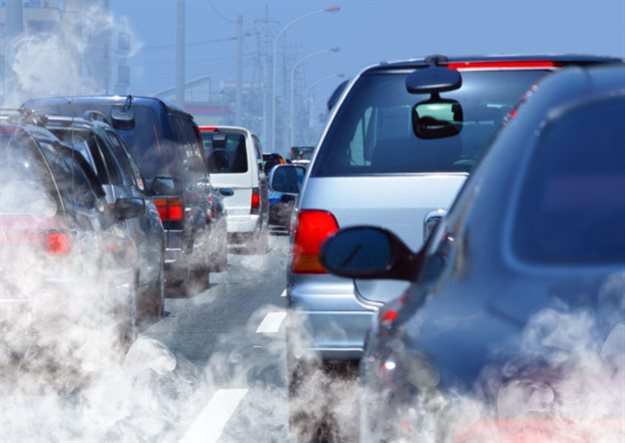With the health effects associated with ambient air pollution (AAP) well documented, global attention has turned to the relationship between pollution and financial outcomes. An Environmental Research journal article revealed that "low and middle-income countries are disproportionately affected by the global burden of adverse health effects caused by AAP".
In 2012, high concentrations of air pollution caused 7.4% of all deaths, costing South Africa up to 6% of its gross domestic product. According to the recent International Growth Centre study conducted by senior University of Cape Town researchers, this is a direct consequence of the country’s heavy dependence on fossil fuels, a source of health-damaging air pollution and greenhouse pollutants.
These South African statistics are attested to by Prof Cathryn Tonne who recently presented a guest lecture on air pollution which was hosted by the University of the Free State (UFS) Business School.
“Air pollution can affect economic development through several pathways, and health is an important one. Air pollution is linked to shorter life expectancy, chronic disease, asthma exacerbation and many other health outcomes that result in absenteeism from work and school. These have large direct costs to the health system.”
Effects on children
Prof Tonne says that air pollution exposure in children is linked to reduced cognitive development, with important impacts on human capital. As a result, children are not reaching their full potential in terms of neurodevelopment, which has an effect on their income prospects and the economy as a whole.
Technology may be employed to radically clean the air. Cities need to lead in the reduction of air pollution by promoting renewable energy, using active transport such as walking or cycling, and investing in infrastructure to make this safe and attractive.
With researchers playing a major role in strengthening the case for aggressive air pollution control, the government needs to implement policies in order to control sources of air pollution. This global health and economic issue also requires individuals and communities to play their part to improve air quality.














































